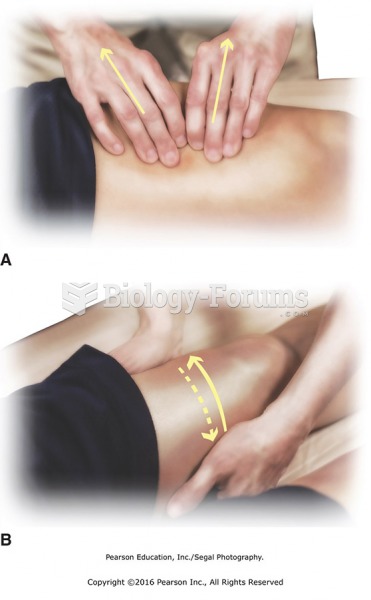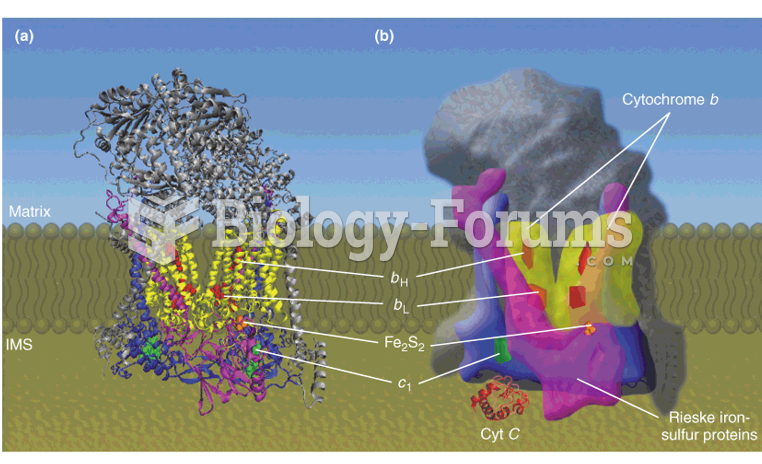|
|
|
The shortest mature adult human of whom there is independent evidence was Gul Mohammed in India. In 1990, he was measured in New Delhi and stood 22.5 inches tall.
Individuals are never “cured” of addictions. Instead, they learn how to manage their disease to lead healthy, balanced lives.
The National Institutes of Health have supported research into acupuncture. This has shown that acupuncture significantly reduced pain associated with osteoarthritis of the knee, when used as a complement to conventional therapies.
During pregnancy, a woman is more likely to experience bleeding gums and nosebleeds caused by hormonal changes that increase blood flow to the mouth and nose.
A seasonal flu vaccine is the best way to reduce the chances you will get seasonal influenza and spread it to others.
 Ashurnasirpal II Killing Lions, from the palace complex of Ashurnasirpal II, Kalhu (modern Nimrud, ...
Ashurnasirpal II Killing Lions, from the palace complex of Ashurnasirpal II, Kalhu (modern Nimrud, ...
 Alternate kneading and shaking the thigh muscles. (A) Perform two-handed kneading over the lateral, ...
Alternate kneading and shaking the thigh muscles. (A) Perform two-handed kneading over the lateral, ...





